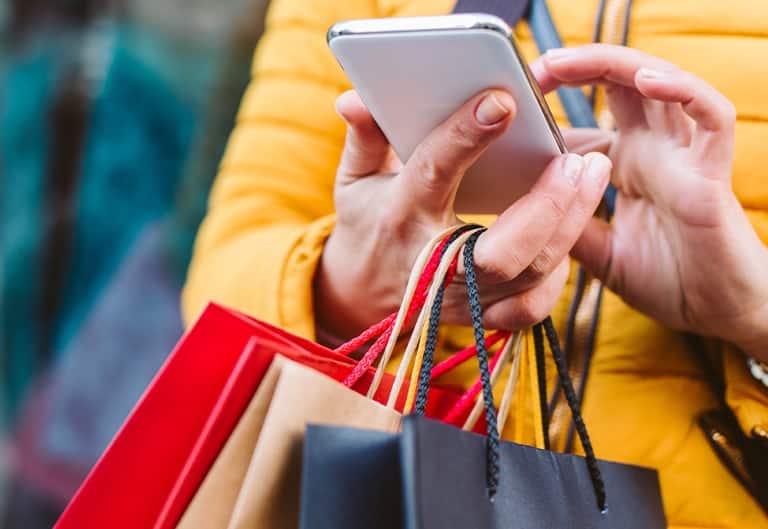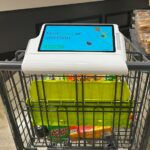
What good is a coupon if you can’t use it, don’t want to use it, or just aren’t in the mood to use it when you get it?
Getting the right coupon to the right shopper at the right time is key for marketers – if any one of those factors is off, a coupon may do little or nothing to encourage a sale. So what if you can get a coupon at the right time, in the right place – when you’re in just the right mood to use it?
That’s what AT&T hopes to accomplish with coupons that are finely attuned to your “mental state” and your willingness to buy.
The telecommunications company has filed a patent application entitled “Timing Content Presentation Based on Predicted Recipient Mental State.” In other words, the title refers to timing the delivery of content, like a coupon, based on the mood of the recipient.
It’s a new spin on coupons that are delivered based on factors like your purchase history, the time of day, or your location. If you’re walking by a coffee shop that you’ve been to before, a perfectly-timed coupon delivered to your phone could prompt you to stop in. But what if you’re just not in the mood at the moment, and a coupon for coffee is more likely to be an annoyance than a pleasure?
That’s where AT&T’s proposed system comes in. It aims to improve recipients’ engagement with coupons and other promotional content by using “minimally intrusive means in order to detect when the individual is likely to be most emotionally and psychologically receptive to receiving content.”
“Minimally intrusive” means not analyzing your facial expressions or tone of voice to determine how you’re feeling at the moment. Instead, AT&T proposes a range of what it considers somewhat less-invasive ways to analyze your mood. If you’re wearing a fitness tracker, the system could tap into it to deduce everything from the state of your health to how much sleep you got last night. If you’re not feeling well, or are somewhat sleep deprived, you might not be in the mood to go shopping right then. The system could also access data from your cell phone to determine everything from what type of music you’re listening to (peppy or melancholy?), to what recent purchases you’ve made.
The proposed system would analyze a combination of these features to generate a score. “If the score is below a predefined threshold, the individual may be assumed to be unhappy,” the patent documentation reads. “If the score is above the predefined threshold, the individual may be assumed to be happy.” And a happy coupon recipient may be more likely to take advantage of the deal.
Over time, the system would be able to fine-tune its predictions based on your actions after receiving a coupon. Your shopping history, your heart rate, or some other factor “may be observed, over time, to be strongly correlated with the individual’s mental state,” the patent application explains. Factors that are “more reliable indicators” of your mood can then be weighted more heavily in coming up with a score that will determine whether you get a coupon and when.
The proposed system isn’t the first of its kind to describe delivering coupons based on your state of mind. AT&T competitor Verizon filed a similar patent application several years ago, describing how a “sensor may be configured to sense emotions” of potential coupon recipients, so offers can be tailored accordingly. If you’re happy, the system might determine that you’re in the mood to shop. Conversely, if you’re sad or angry, you might get a coupon for a free ice cream cone to help cheer you up.
One thing that patent application lacked was any detail about how exactly the system would determine your mood, other than saying that it would rely on unspecified “sensors.” Other similar systems rely on facial recognition technology, scanning your face to determine your mood.
But that’s something AT&T says it’s trying to avoid. There’s a fine line, after all, between marketing material that’s compellingly effective, and creepily invasive. So if you don’t mind some marketing system knowing more about your own state of mind than you do, it could help you save money – and that’s something that just might put anyone in a good mood.
Image source: AT&T
















My problem is stores all around me including KROGERS AND WALMARTS dont take coupons at all. Walmart won’t take any paper coupon and Kroger has only download coupons